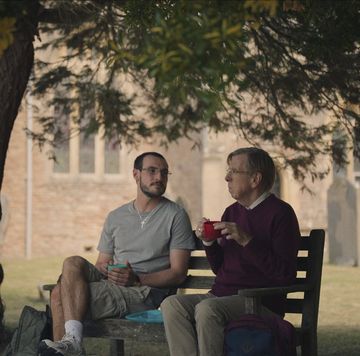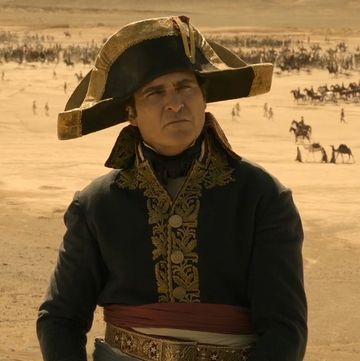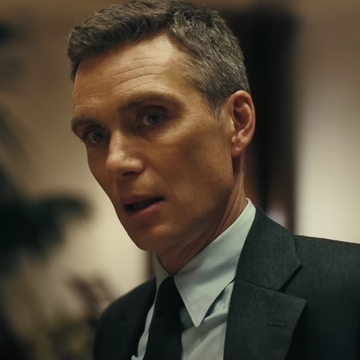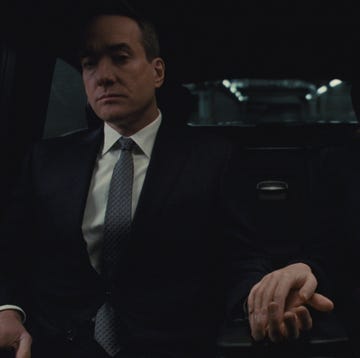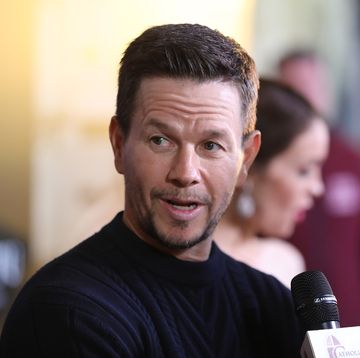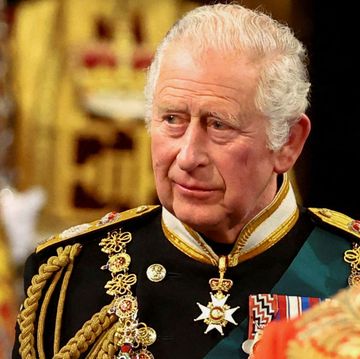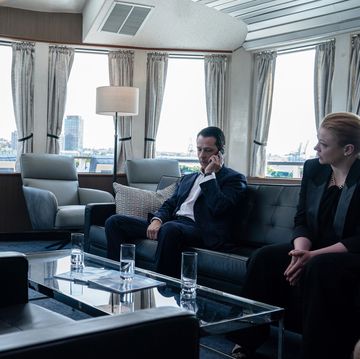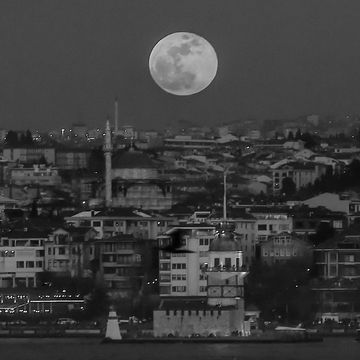It takes only the opening credit sequence of Oscar-winning director Alfonso Cuarón’s new film, Roma, for you to know its quality. The camera hovers horizontally above the diagonal grid of a grey tiled floor (perhaps it isn’t grey, but the film is black and white), on top of which the cast names appear. Then, a slosh, and water floods across the tiles, revealing a reflection: a rectangle of sky above. Then more sloshes of water, keeping the rectangle alive, as a tiny plane crosses from one side to the other. Then more sloshes, and slops, until the floor and the rectangle become a mass of dirty bubbles, and the rectangle is distorted and almost obscured from view.
Is it a metaphor? Well, why not, because Roma is a story of a prescribed life, into which an opportunity for change arrives, bringing also disorientation and confusion. The life in question belongs to Cleo (Yalitza Aparicio), a young maid to a family of six in Roma, a middle class suburb of Mexico City, in the early Seventies. Cleo’s job to keep house and look after the children is made more challenging by the parents’ disintegrating marriage, but in the gaps Cleo has friends, and a love interest — a dead-eyed young man, Fermín (Jorge Antonio Guerrero), who dreams of being a kendo master — of her own. Then Cleo’s life takes a turn, about which we’ll say little, and she has to decide if it’s welcome.
So yes, Roma is a quiet story about a maid. It is also a beautifully recreated evocation of a time and a place and a story told with the tenderness and care of a memoir, which in many very specific terms it is (Cleo is based on Libo Rodriguez, who lived with the Cuaróns, and upon whose memories Alfonso’s script was based).
It’s also flecked with sweet nods to what may be the Gravity director’s early influences — Cleo and Fermin go to see Gregory Peck space flick Marooned; one of the sons she’s caring for, Pepe, dresses up as an astronaut, as does another little boy in Cleo’s village, though his costume is a bucket on his head with a hole for his face. So, too, are their recurrent tremors of danger — guns and bamboo swords being wielded by children, adolescents, adults; in play, and then not — culminating in one of the most devastatingly visceral scenes in modern cinema.
There’s also all sorts of other cleverness — the absent father’s longest time on screen is spent parking his car in a narrow driveway, in a sequence made up of tight crops and quick cuts which, like him, have no place in this film of slow pans and long takes. There are jokes. There are moments of everyday kindness and everyday cruelty. There are, and you’ll have to trust us on this, stunning images of dog poo.
And there’s an ending that somehow challenges the characters without punishing them, and the audience too. And when the end credits roll, and you see that rooftop again, you’ll know that you’ve been in the hands of a master.
Roma is in cinemas now and available on Netflix

Miranda Collinge is the Deputy Editor of Esquire, overseeing editorial commissioning for the brand. With a background in arts and entertainment journalism, she also writes widely herself, on topics ranging from Instagram fish to psychedelic supper clubs, and has written numerous cover profiles for the magazine including Cillian Murphy, Rami Malek and Tom Hardy.





